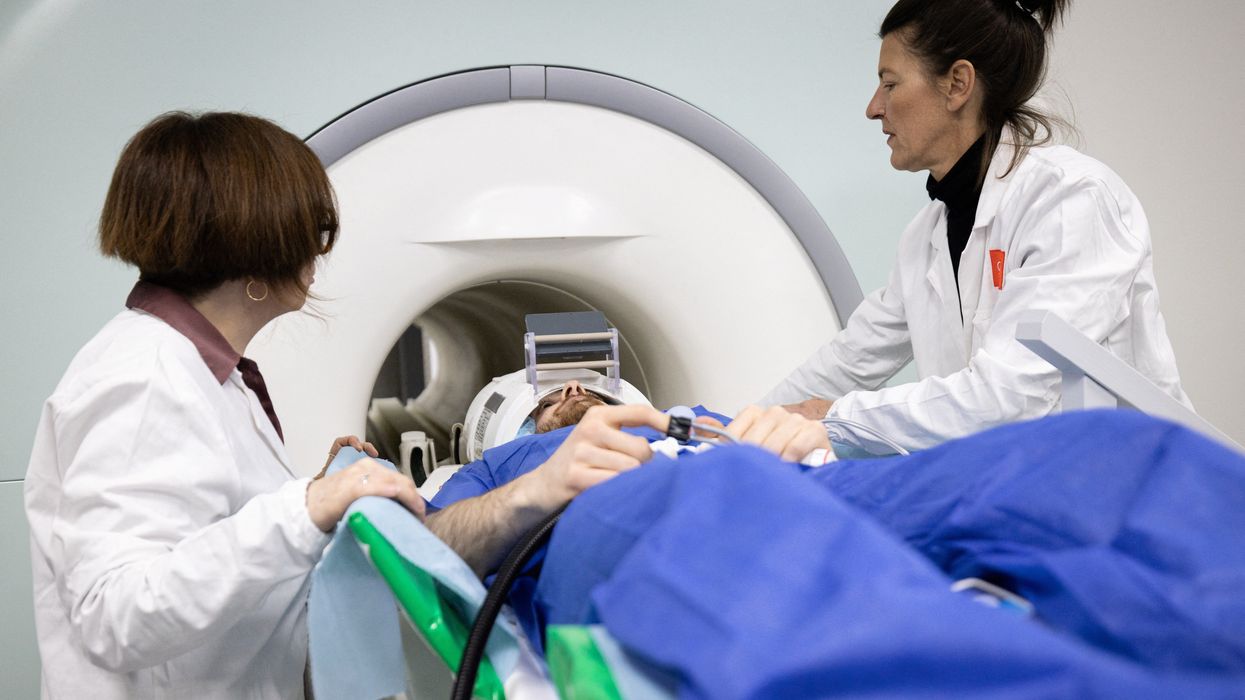A new study has raised concerns over the use of a common chemical injected during MRI scans, suggesting it may contribute to a potentially fatal complication in rare cases.
Researchers from the University of New Mexico have found that gadolinium – a toxic rare earth metal used in MRI contrast agents – can interact with oxalic acid found in many foods to form nanoparticles in human tissues. These particles could potentially lead to serious health problems affecting organs such as the kidneys.
The findings, published in the journal Magnetic Resonance Imaging, suggest that gadolinium-based contrast agents (GBCAs) may trigger nephrogenic systemic fibrosis (NSF) – a rare condition marked by thickening and hardening of the skin, heart, and lungs, along with painful joint contractures.
"People have died after just a single dose," said Dr Brent Wagner, a study author from the University of New Mexico.
Typically, gadolinium is bound to other molecules in the contrast agent and is excreted from the body. Most patients do not experience adverse effects. However, the study noted that gadolinium particles have been found in kidney and brain tissues, as well as in blood and urine, even years after exposure.
The researchers investigated why some individuals become ill after gadolinium exposure while most do not. They focused on how the metal might separate from its molecular complex and form harmful particles.
“This nanoparticle formation might explain why there's such an amplification of the disease,” said Dr Wagner. “When a cell encounters a metallic nanoparticle, it may trigger an immune response.”
The study examined the role of oxalic acid – a compound found in foods such as spinach, tomatoes, berries, and nuts – which binds with metal ions and is known to contribute to kidney stone formation. Oxalic acid can also form in the body from foods or supplements containing vitamin C.
The researchers discovered that oxalic acid could cause gadolinium to precipitate from the contrast agent and form nanoparticles that accumulate in various organs. Individuals with certain metabolic conditions may be more prone to this process.
“It might be that some patients are in a high-oxalate state or have other conditions that favour nanoparticle formation,” Dr Wagner explained. “That could be why some people develop severe symptoms while others remain unaffected.”
The study suggests some steps to reduce the risk linked to GBCAs. Dr Wagner noted, “I wouldn't take vitamin C if I needed an MRI with contrast, due to the metal's reactivity.”
Further research is ongoing to develop clearer recommendations to protect vulnerable individuals.





